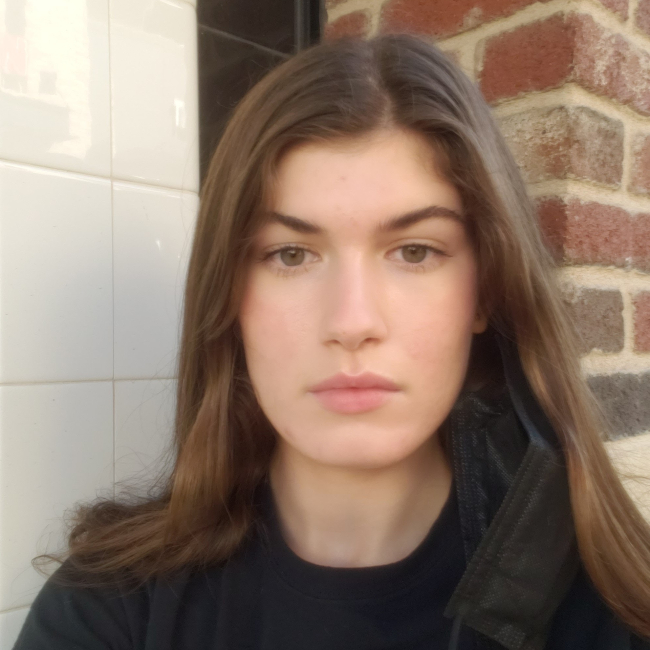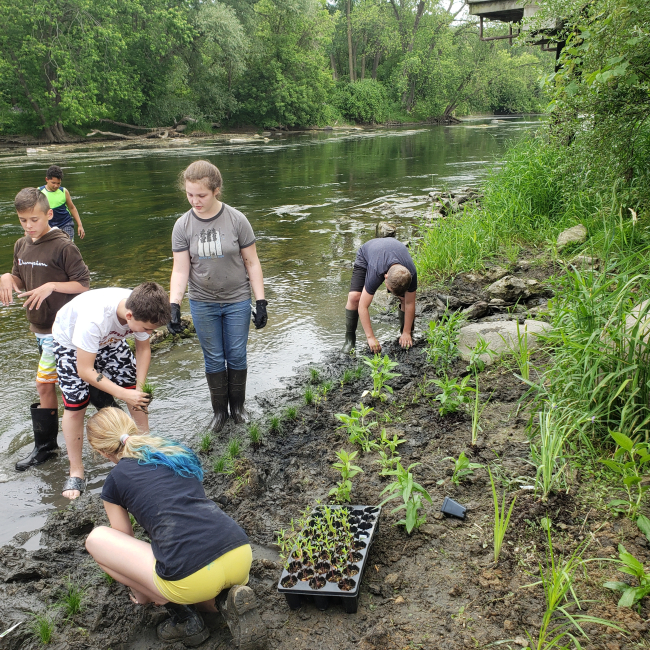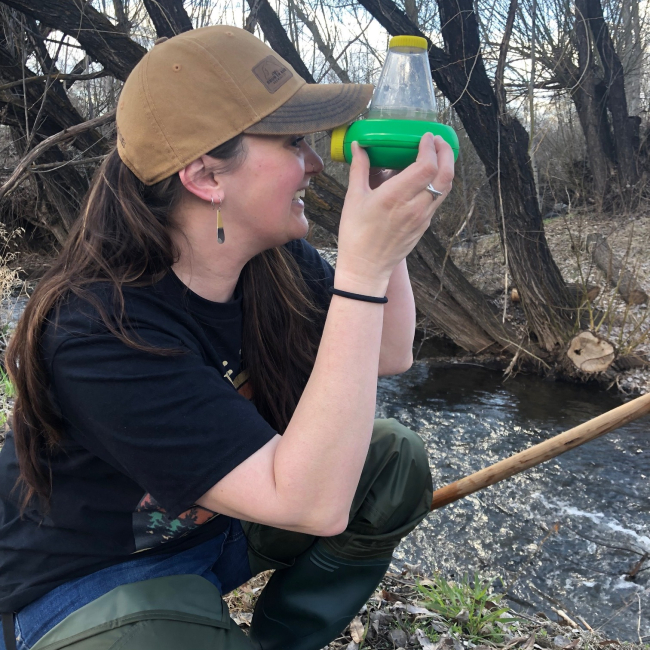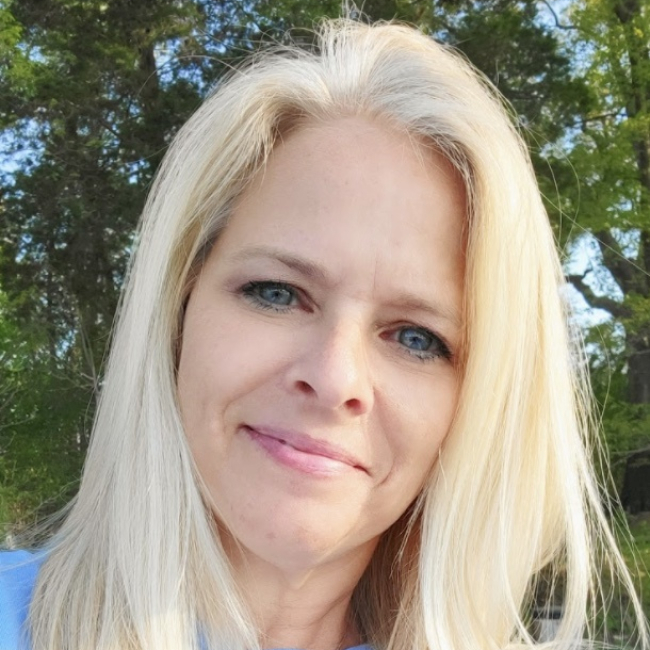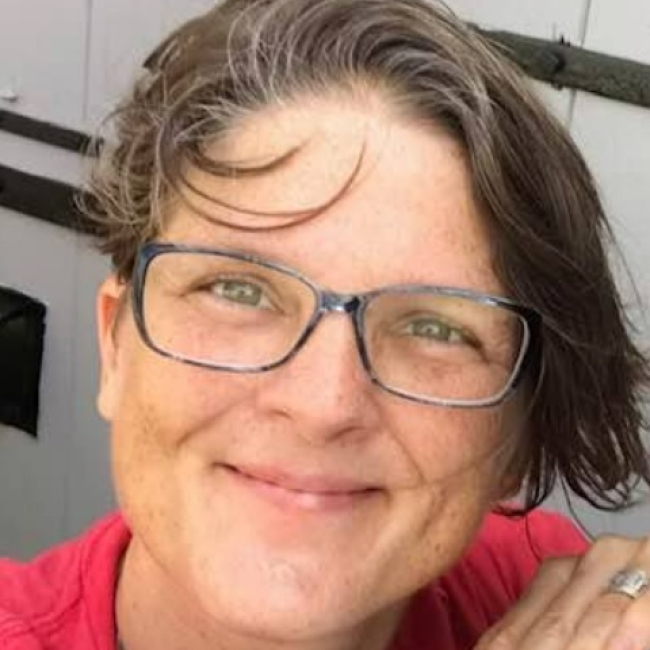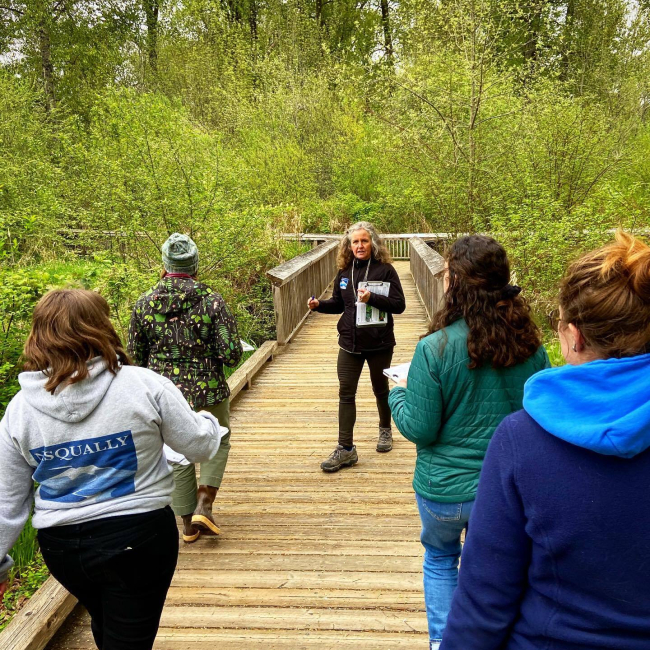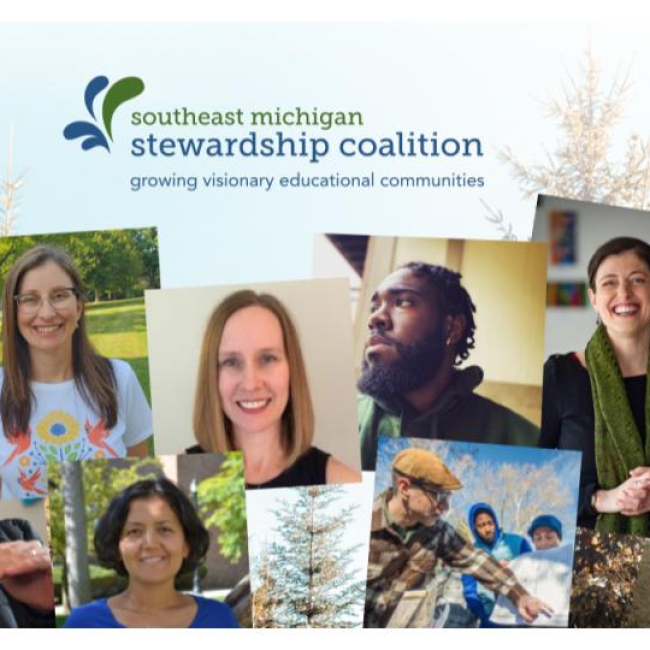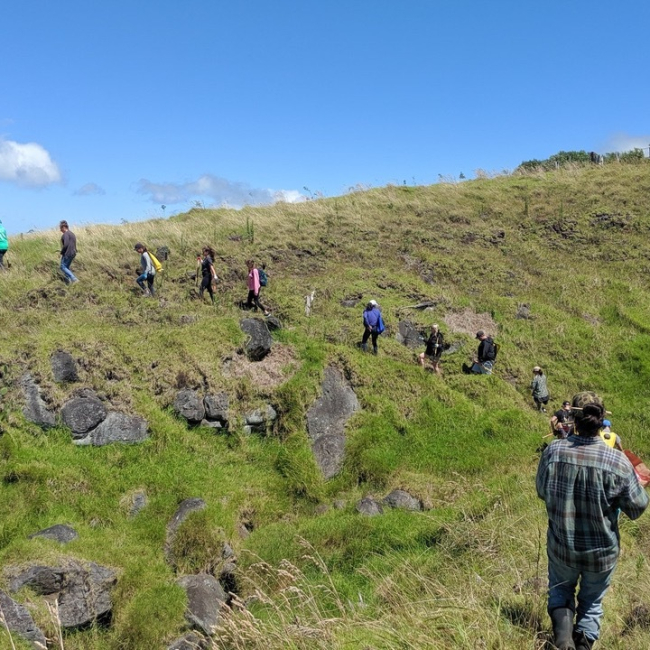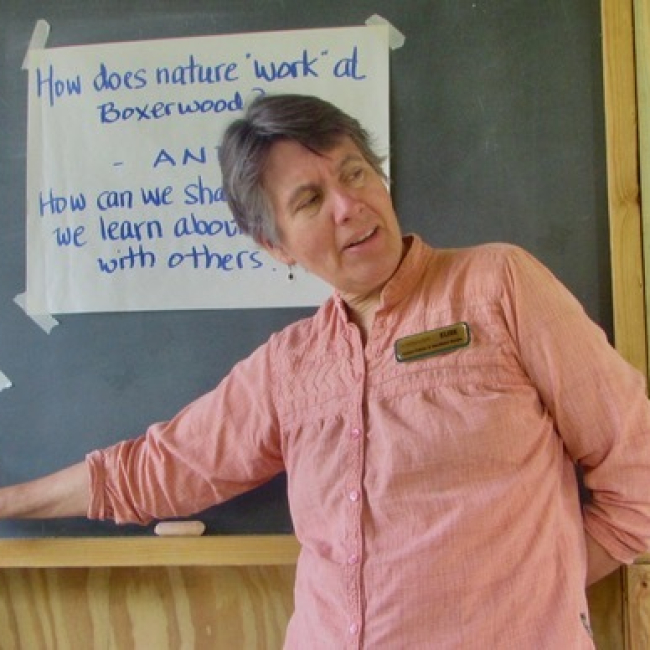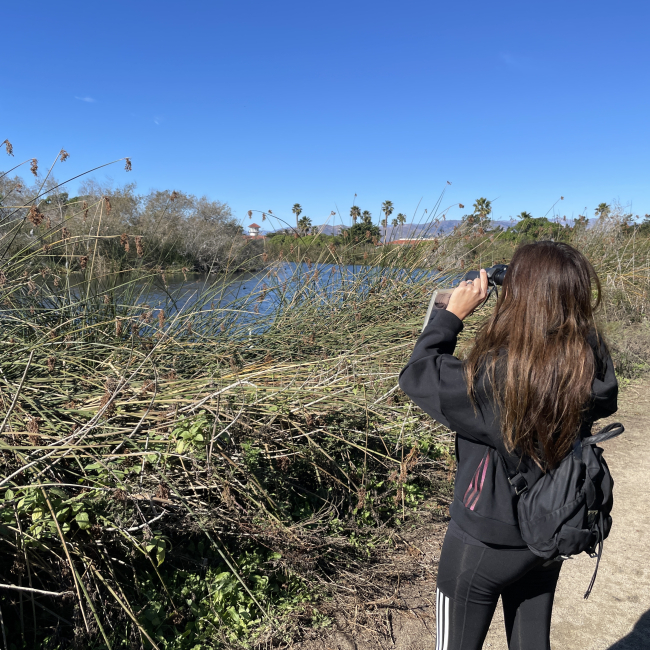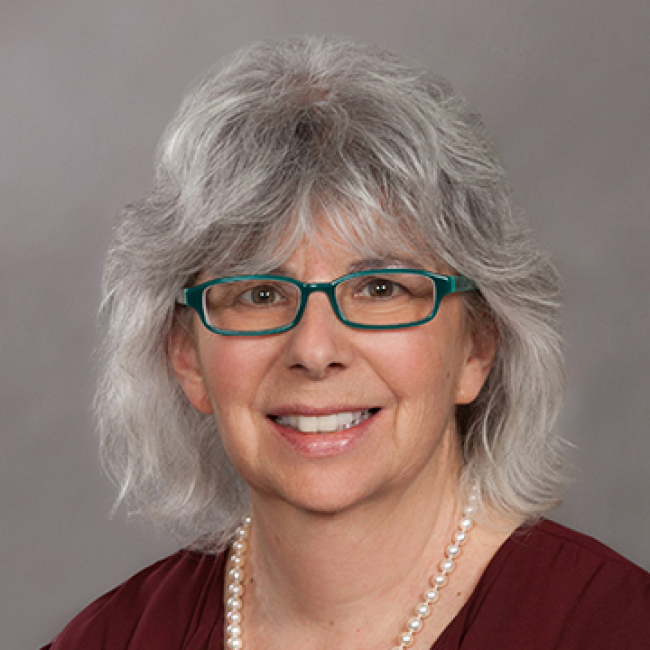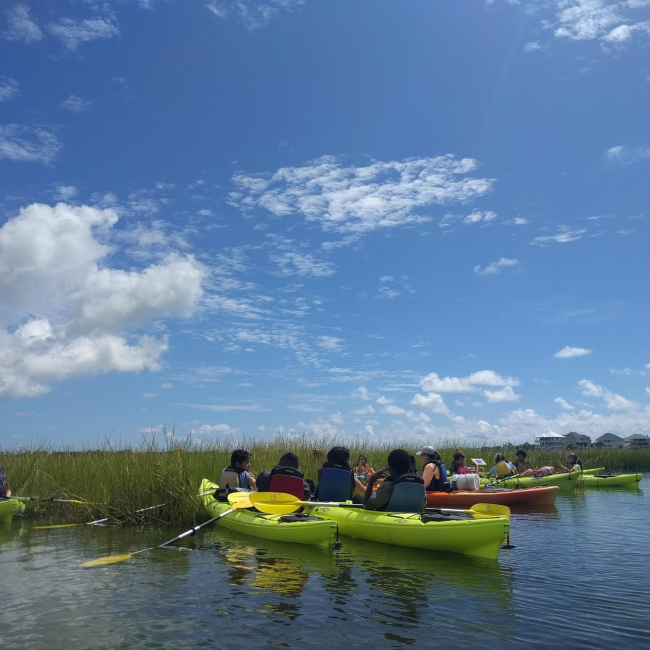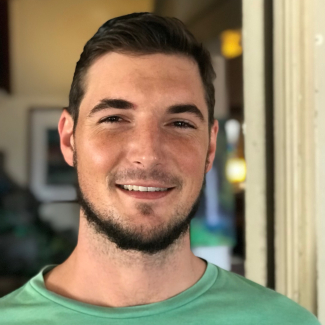
Kimo Short
...I felt a renewed sense of urgency and empowerment from the ability to take small steps myself as an average person who in small ways may contribute to make larger environmental changes by changing my day-to-day behaviors and lifestyle.
What is your current job?
I am a self-employed member of Hawaii Quality Power Mapping LLC in Kailua, Hawaiʻi, and I am in the process of becoming a licensed Journeyman Electrician.
What inspired you to pursue a career in your current field?
The inspiration for my choice in this career path began as I was looking for meaningful paying work. As I learned in the NALU Studies program as a student and from amazing mentors, meaningful paying work to me meant that the job would also be environmentally focused, eco-friendly, with opportunities for growth and all without requiring a college degree for entry level positions. Although I still intend to continue pursuing higher education as an electrician or electrical engineer, I found solar panel array installation as an intriguing option of doing something productive for the planet while being able to afford living on my own in Hawaiʻi – and this is where my career path began. From installing solar arrays to fixing equipment for major retailers and wiring entire homes and businesses under a contractor’s guidance, I have continued to be interested in the many ways electrical energy can be produced and utilized in order to reduce fossil fuel consumption.
How has the NOAA Bay Watershed Education and Training (B-WET) program helped you grow personally and/or professionally?
The way NALU Studies approaches learning had such a significant impact on me. NALU studies took the approach that “learning by doing” is the best way to learn and this is very evident throughout the program still today. I remember when I was in the program, we started by carefully counting coral species including documenting disease and bleaching of the Montipora capitata, or rice coral, on the reef in Kāneʻohe Bay. Then we collected water samples and brought them back to the Windward Community College lab to culture bacteria and isolate, sequence, and analyze DNA from bacteria that may be involved in causing coral disease.
In NALU Studies, because I was physically able to participate in doing the service-learning work, I can still remember many years later what I learned and what we did in the program day-to-day. I can not say the same for many of my formative years in public school as most of the work did not require me to understand it, simply to memorize and repeat it. I even served as a mentor to younger students in the program. As a result of this experience, I was able to go from a struggling student to graduating Summa Cum Laude from Kalani High School with an almost straight A average. My time spent with NALU Studies all those years still inspires me to be a creative thinker, an inspired problem solver, and motivates me to be a role model and an environmental steward whenever I have an opportunity to do so.
How has your view on your future career changed before/after participating in a B-WET project?
NALU Studies was a career “slingshot” for me. “Slingshot” – meaning that from participation in NALU, I was able to participate in the Stone Soup Global Leadership program at Martha’s Vineyard in Massachusetts with indigenous youth from around the U.S. I also worked at the Hawaiʻi Youth Conservation Corps (HYCC) summer program working on Kaho’olawe in conservation and culture with the U.S. Fish and Wildlife Service. This was an incredible experience that was life changing for me in connecting culture to science in ways I could never have imagined. Upon completing the HYCC program, I was fortunate enough to receive a position in the U.S. Fish and Wildlife Service (USFWS) in their Student Temporary Employment Program as a Biological Science Aid straight out of high school without any other experience. As a USFWS employee, I was responsible for scientific tasks, but I also was able to help develop the entrance chant for the Kalaeloa USFWS reserve in West Oʻahu. This job and this unique opportunity would never have been possible for me without my commitment and participation in the B-WET funded NALU Studies program.
As a result of these incredible opportunities, I was inspired to work with the NALU Studies program helping the Nā Kama Kai Ocean Safety program where I taught at-risk native Hawaiian youth at various locations on Oʻahu about marine debris, ocean acidification, and coral bleaching. It was very rewarding and provided me with more opportunities like doing the opening chant for the Hawaiʻi Environmental Education Conference! This was a huge honor. As a result of my position in the U.S. Fish and Wildlife Service, and the positive resume building work and knowledge that NALU Studies and B-WET provided to me, I have been able to successfully grow my career through any path, in any field I have chosen so far. I firmly believe that most of the opportunities I have had from entering NALU Studies until now are due in part to my participation in the NALU Studies program and its impact on me personally as it relates to work ethics, motivation, responsible behavior, supporting others, cultural and scientific knowledge, mentoring, and the exciting and careful process of learning new things.
Has B-WET changed the way you think about the environment?
My understanding and care of the environment before and after the NALU Studies program is very different. Before the program I felt as though the environment was doomed and in general there was not much the average person could do about it. After the NALU program, I felt a renewed sense of urgency and empowerment from the ability to take small steps myself as an average person who in small ways may contribute to make larger environmental changes by changing my day-to-day behaviors and lifestyle.
What advice do you have for someone interested in STEM or environmental careers?
Do not give up on yourself or your dreams and focus on your goals daily by doing what you can to support the environment and the planet with the time you have available. You will not reach your goal alone. Therefore, it is extremely important to surround yourself with motivated and inspiring mentors and give back to everything and everyone who helped you realize the change you want to be in this world. Remember the power of one and that it only takes one person to make a huge difference. Good luck, stay motivated, be grateful, stay humble, inspire others, and keep sharing the earth with each other. We have nowhere else to live.




